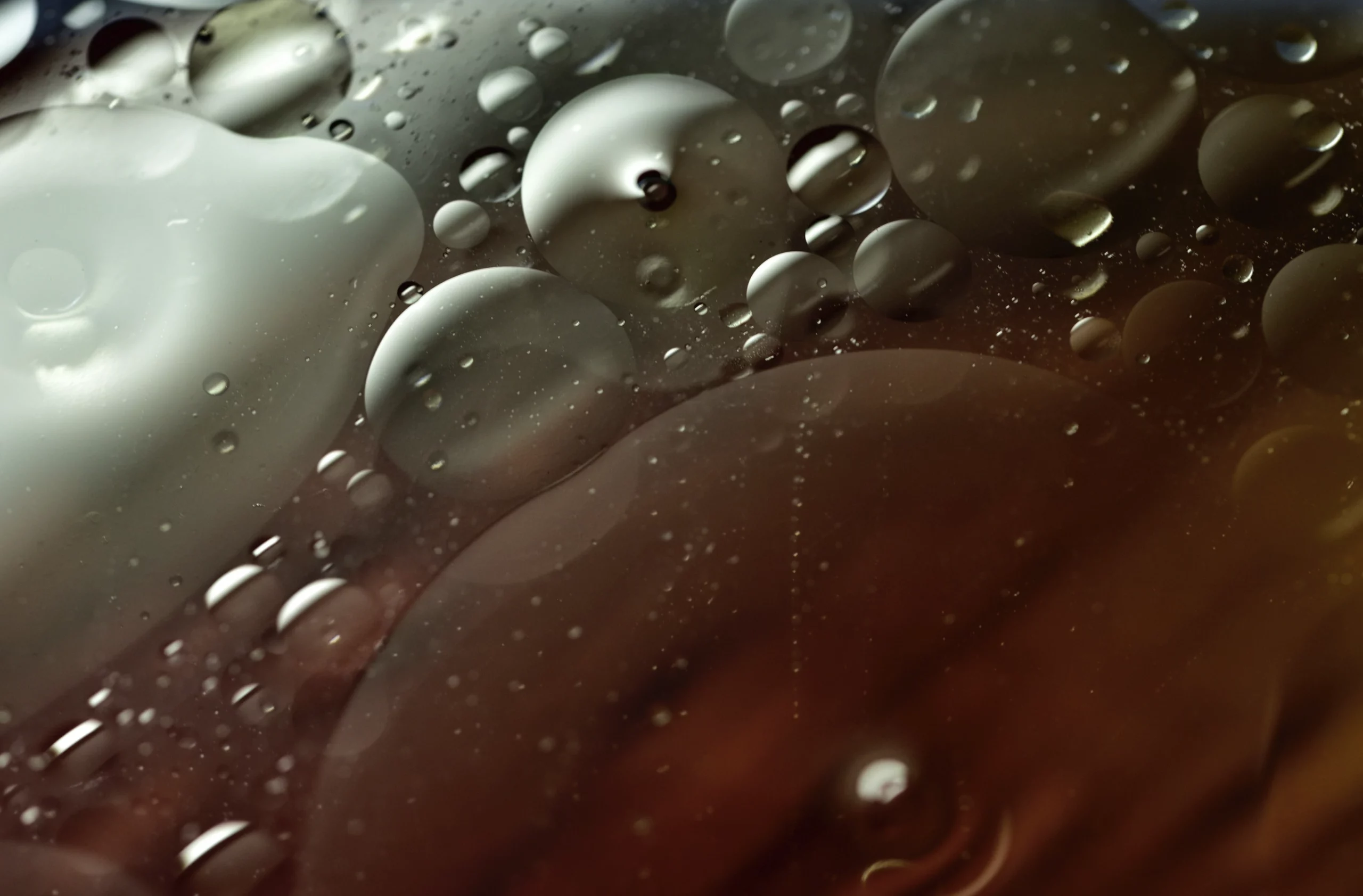Reliable Oily-Water
Wastewater Disposal Service
Rogue Waste Recovery — Texas‑based, family‑owned oily‑water specialists
Call 936‑582‑2857 for a fast quote during business hours (Mon–Fri, 7:00 AM–5:00 PM).



Why Proper Oily‑Water Disposal Matters
Oily water—whether it comes from machining sumps, wash‑down operations, or tank cleanouts—can’t be discharged to a drain or separator and “left to settle.” Hydrocarbons float, solids sink, and what’s in between becomes a regulatory and environmental liability. Discharging untreated oily wastewater risks Clean Water Act violations and state penalties.
Even a small surface sheen indicates oil concentrations above typical discharge limits, exposing your business to:
- Costly cleanup orders
- Potential fines and shutdowns
- Reputational damage with customers and local authorities
- Accelerated equipment corrosion and downtime
Rogue Waste Recovery removes, transports, and arranges compliant treatment and final disposition of your non‑hazardous oily wastewater—so you’re audit‑ready and in compliance. (Note: We do not pick up materials classified as RCRA “hazardous waste.” We handle non‑hazardous oily water streams that can be harmful to the environment if mismanaged, but are not designated hazmat.)
The Rogue 3‑Step Collection‑to‑Disposal Process
On‑Site Assessment & Vacuum Pickup
Secure Transport to Our Conroe Facility
Your material is transported in appropriate DOT‑rated equipment and never intermingled with incompatible streams. Our fleet is GPS‑equipped for internal tracking and safety; customers do not have live‑tracking access. You’ll receive pickup paperwork on site and follow‑up documentation after processing.
Treatment, Recycling & Certified Disposal
Within controlled treatment environments, oily water is separated and treated to meet disposal specifications. Recovered oil is either recycled or used as approved alternative fuel; de‑watered solids go to an appropriate Subtitle D landfill. You receive a signed Certificate of Disposal for each batch.


Rock‑Solid Compliance
- TCEQ #: A85929 — transporter/processing credentials
- EPA Site ID: TXR000042945 — cradle‑to‑grave reporting
- USDOT #: 1967388 — transportation compliance
- Safety‑trained crews with relevant annual refreshers
- Digital recordkeeping — manifests and disposal certificates retained and available upon request
Industries We Serve
Oil & Gas Producers
produced‑water pits, frac‑tank cleanouts, rig wash
Marine Terminals & Shipyards
shore‑side oily‑water handling (e.g., bilge/slop tanks staged dockside); no ship‑to‑shore transfer
Manufacturing & Metalworking
coolant sumps, parts‑washer sludge, quench tanks
Automotive & Fleet Maintenance
oily mop water, floor‑drain interceptors
Food & Beverage
fryer‑grease wastewater, separator skimmings
Municipal Facilities & Utilities
storm‑sewer interceptors, lift‑station pump‑outs
Rail & Trucking Yards
track‑pan drainage, wash‑rack runoff
If it’s non‑hazardous water contaminated with oil, Rogue can remove it—safely and legally.
Five Reasons Clients Switch to Rogue
Advantage
What It Means for You
48‑Hour Average Service Time
Typical pickup window within two business days from call‑in (no 24/7 dispatch).
Transparent, Line‑Item Pricing
Clear quotes with no tacked‑on “paperwork” or fuel fees.
Local, Family‑Owned
Speak with an in‑house representative—no call centers—Mon–Fri, 7–5.
Modern, Insured Fleet
Vacuum trucks up to 6,000 gal with secondary containment.
Maximize oil recovery to reduce waste and support ESG goals.


Sustainability & Oil Recycling
- Re‑refined base stocks for industrial lubricants
- Supplemental fuel in cement or asphalt operations
- Feedstock for designated process heaters


Service Area & Response
- Houston & Galveston industrial districts
- Beaumont‑Port Arthur refineries
- Corpus Christi ports and terminals (shore‑side work only)
- Eagle Ford and Permian Basin routes (scheduled)
- Statewide projects by arrangement
Frequently Asked Questions
What contaminants can Rogue accept?
Non‑hazardous wastewater containing petroleum hydrocarbons, synthetic oils, tramp coolants, surfactants, light solids, and trace metals. We do not handle materials classified as RCRA hazardous waste.
Do you pick up used absorbents?
Yes. We pick up used absorbents (pads, oil‑dry, kitty litter, etc.) and used spill‑kit contents after they’ve been deployed to clean up oil. We’ll collect and manage these non‑hazardous oily solids for compliant disposal.
Is there a minimum pickup volume?
Yes—250 gallons for vacuum service and one 55‑gallon drum for scheduled LTL pickups. Smaller amounts can often be aggregated into a single service call.
Do I need to provide analytical data?
For routine streams (e.g., machining coolants), we may already have profiles on file. New or unusual streams may require a quick lab test to confirm the proper path.
How is pricing calculated?
Rates reflect volume, oil‑to‑water ratio, and distance. Quotes are single line items covering pickup, treatment, disposal, and documentation—no hidden surcharges.
What paperwork do I receive and how?
You’ll receive a signed Non‑Hazardous Manifest at pickup and a digital Certificate of Disposal after processing. We don’t offer a customer portal; documentation is provided directly after service.
Ready for a Clean Transfer?
Call (936) 582‑2857 or complete the form below. A Rogue specialist will:
- Review your oily‑water volume and source
- Provide a firm quote during business hours
- Schedule pickup—typically within 48 hours